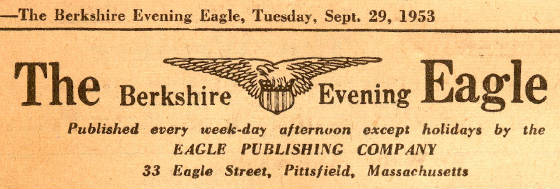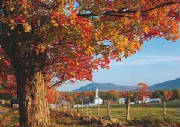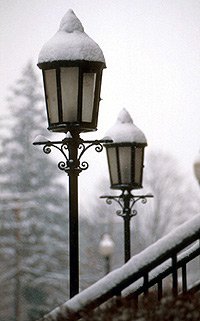GenealogyBank has
set up a handy site for searching Pittsfield, Massachusetts’ archive of historical newspapers: 1788-1922, 1998-Today.
Pittsfield, Massachusetts Newspapers
Click here to search
Pittsfield, MA newspapers 1788-1922
Click here to search
Pittsfield, MA obituaries from 1998-Today
Or click on the individual titles below to search a specific Pittsfield, MA newspaper:
Berkshire Chronicle 1788-1790
Berkshire County
Eagle 1826-1828
Berkshire County
Whig 1841-1849
Berkshire Eagle 1998-Today
Berkshire Gazette 1798-1800
Berkshire Reporter 1807-1815
Pittsfield Sun 1861-1873
Sun 1795-1922
TIP: Other Handy Massachusetts Sites:
Search over 275 Massachusetts newspapers:
Click Here to Search
Massachusetts Newspapers 1690-1975
Click Here to Search
Massachusetts Obituaries 1985-Today
Massachusetts Death Records
Click Here to Search
Massachusetts Deaths 1937-2009 (Free)





